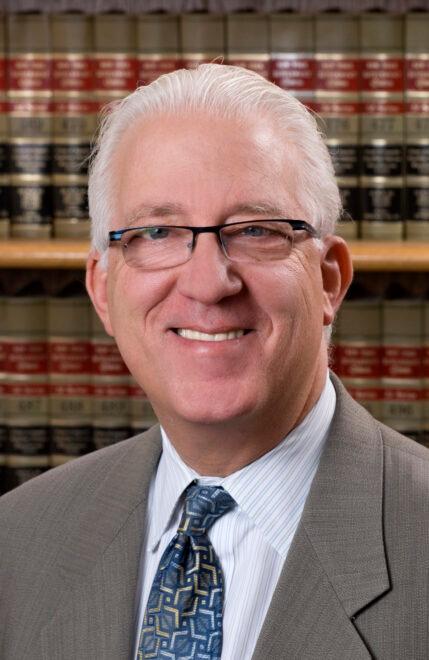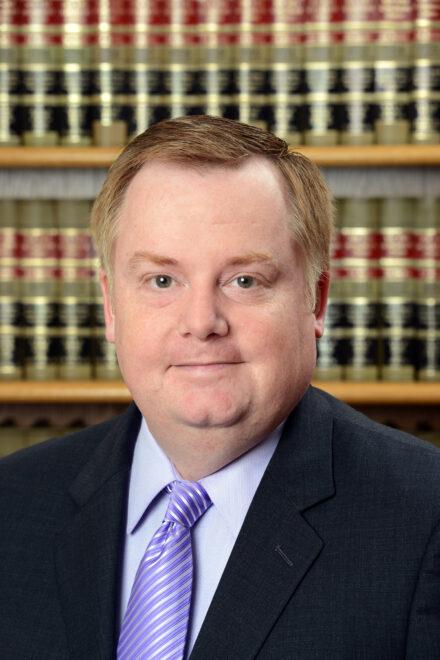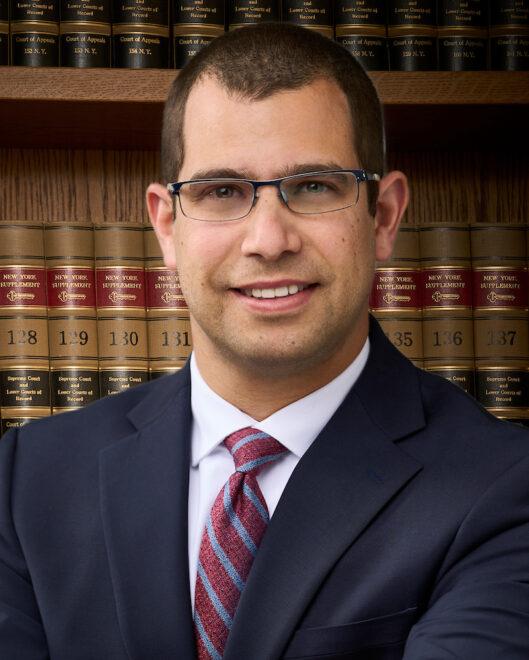Estate Planning Attorneys
Estate Planning is a broad term that refers to developing a strategy for the lifetime management and testamentary disposition of one’s asset and personal affairs. Proper estate planning can ensure the protection of assets to qualify for benefits, appropriate business succession, and can avoid estate taxes. With the guidance of our experienced estate planning attorneys, you can maximize both their quality of life and their family’s inheritance. We explore our clients’ options utilizing the appropriate combination of Advance Directives, Revocable Trusts, Irrevocable Trusts, and Wills.
Nearly every Estate Plan calls for Advance Directives. “Advance Directives” is a general term for documents under which an individual appoints another to act on their behalf for a specified reason. Powers of Attorney and Health Care Proxies are two especially important Advance Directives.
- A Power of Attorney is a document under which an individual, known as the Principal, may appoint an individual(s) to carry out financial transactions on their behalf.
- The Power of Attorney may also allow specified agents the authority to gift the Principal’s funds.
- A Durable Power of Attorney is effective upon execution.
- A “springing” Power of Attorney is effective only after a specified event, such as certification of incapacity.
- A Health Care Proxy is a document under which the Principal may appoint an agent to make health care decisions on their behalf.
- Unlike the Power of Attorney, the Health Care Proxy only becomes effective if the Principal is unable to provide informed consent to a specific treatment or procedure.
Trusts are another important tool used in Estate Planning.
- A trust allows one to instruct how their assets are managed during their lifetime and after their death.
- A trust provides a private path for the disposition of their assets and avoids the need for public probate proceeding.
- There are several types of trusts to serve specific purposes.
Finally, a Last Will and Testament allows one to direct the disposition of assets after their death.
- Wills express a person’s wishes regarding the post death distribution assets and the beneficiaries that should receive them. In general, they are beneficial for simple estates.
Our Estate Planning attorneys can help explain options to meet your unique needs and goals.
Contact Our Law Firm
For further information about the firm’s estate planning, asset protection and estate administration practice, contact the firm’s law offices on Long Island at 516-328-2300, in Brooklyn at 718-215-5300, White Plains at 914-607-7010, Rochester at 585-218-9999 or Albany at 518-535-9477 to schedule an initial consultation.
















